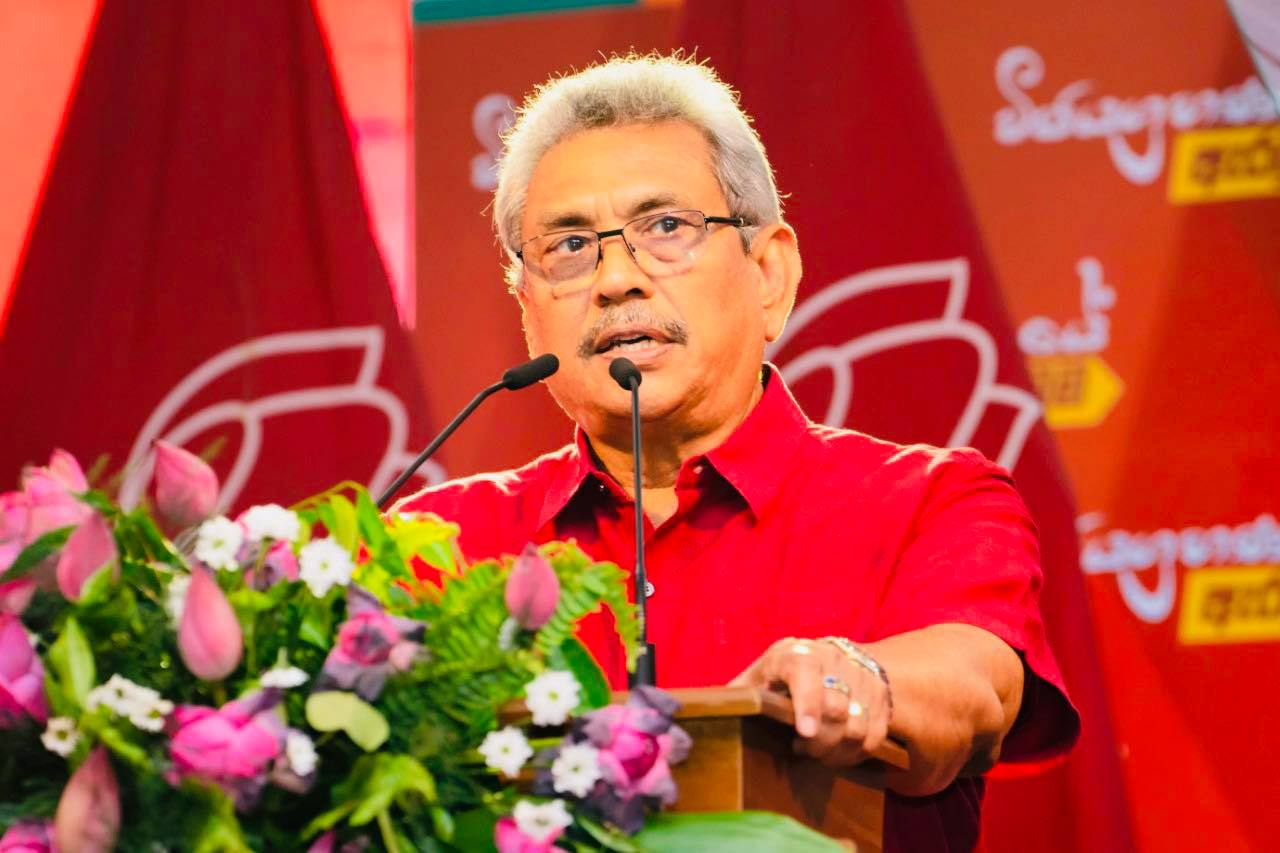
In its Word Report 2021, Human Rights Watch (HRW) criticised the worsening human rights situation in Sri Lanka and called on the international community to speak out to prevent a return to "the bad old days of rampant human rights violations".
Justice and accountability
Several key events from 2020 have made clear the present administration’s lack of intentions of holding rights abusers accountable, the most significant of them being its announcement to withdraw from its commitments to provide justice and accountability for crimes perpetrated during the armed struggle.
As well as denouncing the ongoing impunity of the war crimes accused President Gotabaya Rajapaksa, Prime Minister Mahinda Rajapaksa, defence secretary Kamal Gunaratne, and army chief Gen. Shavendra Silva, the report criticises last year’s presidential pardon granted to former Sgt. Sunil Ratnayake, who had been convicted of the massacre of eight Tamil civilians, including children, at Mirusuvil in 2000.
Last September, a convicted murderer currently on death row, Premalal Jayasekara from the ruling SLPP party was sworn into parliament.
“Even the limited progress on postwar reconciliation is being undone by a greater military role in governance and the government’s dismissal of its international commitments to truth and accountability,” said South Asia director at Human Rights Watch, Meenakshi Ganguly stated.
Attacks on Human Rights Defenders
HRW emphasises on the escalating arbitrary punishments, a climate of fear and self-censorship amongst lawyers, journalists and victims who challenge or criticise the Rajapaksa administration.
For example, the continuing unlawful detention of Muslim human rights lawyer, Hejaaz Hizbullah, who was arrested under the draconian Prevention of Terrorism Act (PTA) was widely condemned by international rights organisations.
Last year, lawyer, Kumaravadivel Guruparan, was forced to resign from his position as a Senior Lecturer of the Department of Law at the University of Jaffna.
Freedoms of Expression and Association
Michelle Bachelet criticised the Rajapaksa administration for using the COVID-19 pandemic to stifle freedom of expression. The report states that since the election of the President, many journalists reported receiving death threats or other intimidation, and some fled the country.
Sexual Orientation, Gender and Women’s Rights
The report criticised the state’s treatment of minorities and its discrimination against women, homosexual and transgender people. For example, the government guidelines regarding the compulsory cremation of Muslim Covid-19 victims, which goes against Islamic tradition and was not required for public health, was widely condemned as a violation of religious freedom.
Militarization and Institutional Changes
The report also excoriates the intensified militarisation on the island. In 2020, Sri Lanka Campaign for Peace and Justice highlighted the highly disproportionate presence of the Sri Lankan in the North and East which has intensified the climate of fear and intimation amongst civilians living in those areas.
The 20th Amendment to the Constitution, which significantly weakened the independence of the judiciary and the Human Rights Commission, was described by many critics as a move towards authoritarianism. HRW states that revisions to the amendment “diluted some provisions, while not significantly lessening the amendment’s overall threat to human rights protections.”
Ganguly further called on the international community to speak out against Sri Lanka's abuses stating:
“Governments need to speak out against abuses and press for a UN Human Rights Council resolution that addresses accountability and the collection and preservation of evidence.”
We need your support
Sri Lanka is one of the most dangerous places in the world to be a journalist. Tamil journalists are particularly at threat, with at least 41 media workers known to have been killed by the Sri Lankan state or its paramilitaries during and after the armed conflict.
Despite the risks, our team on the ground remain committed to providing detailed and accurate reporting of developments in the Tamil homeland, across the island and around the world, as well as providing expert analysis and insight from the Tamil point of view
We need your support in keeping our journalism going. Support our work today.
For more ways to donate visit https://donate.tamilguardian.com.

